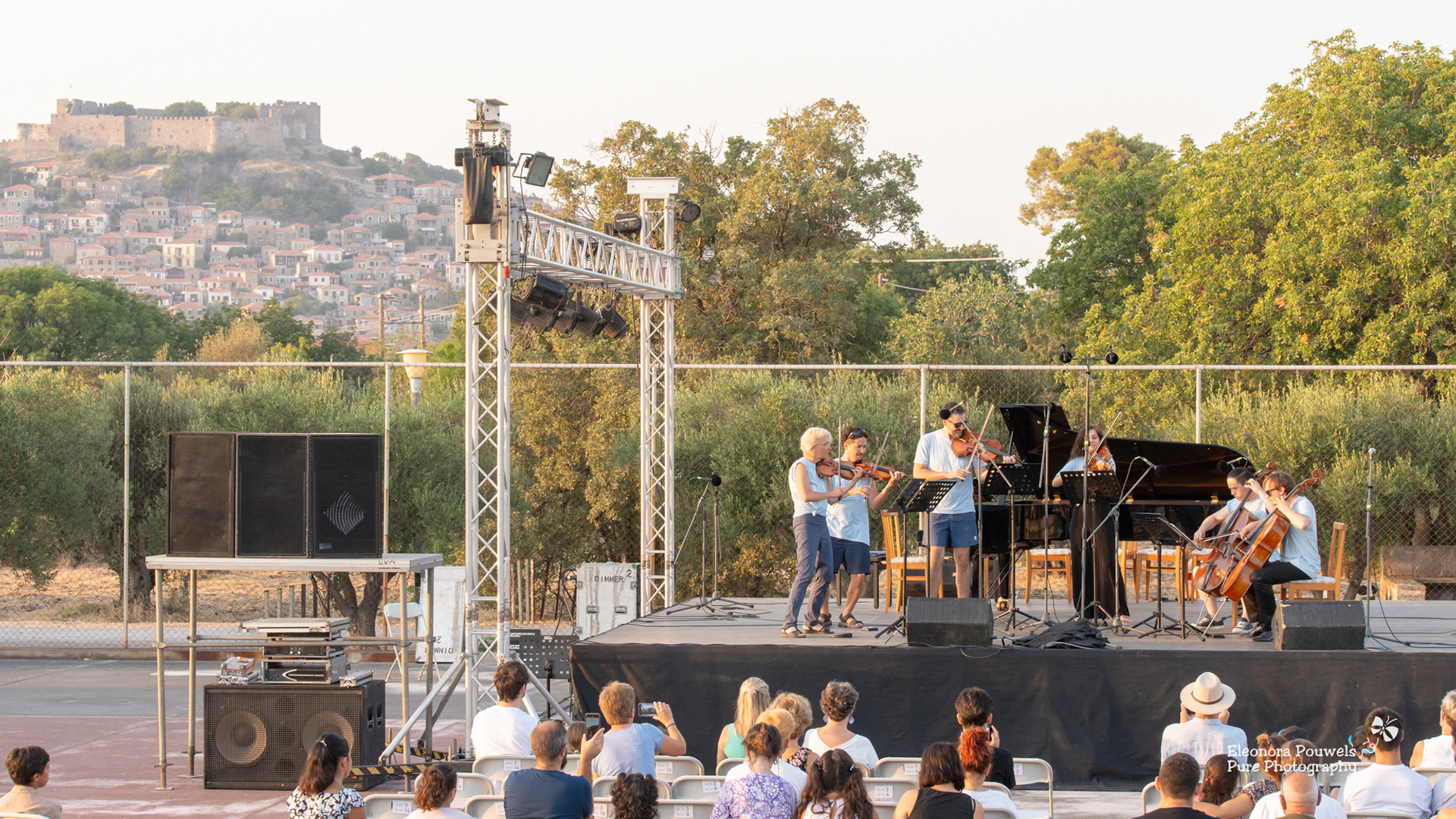There is nothing more terrifying than fleeing your war-torn country – except, perhaps, what is waiting for you on the other side. Having endured epic journeys – often in much-publicised ‘small boats’ (inflatable dinghies) – displaced people are increasingly exposed to further suffering.
In the UK, the controversial Bibby Stockholm barge in Dorset hit the headlines earlier this year when an outbreak of Legionella forced the evacuation of the asylum seekers who were being housed there. Since then the vessel, which is intended to house 500-odd people, has undergone a deep clean and fire safety additions.
The Home Office has not confirmed when it will be reopened, but it is expected that the government’s plan for housing asylum seekers on board will go ahead. In its regular ‘number crunching’ feature, Private Eye revealed that it would cost £18 million to house 500 refugees on the barge for a year, versus £15.25 million to send the same number on a Disney cruise for a comparable duration. It is impossible, then, not to see it as a political decision rather than a humanitarian one.
The Greek island of Lesbos has been at the centre of the migrant crisis since 2015. In September that year, huge numbers of asylum seekers from Afghanistan, Iraq and beyond ended up in Lesbos on their way to destinations in Northern Europe. The island’s small population (around 85,000) and limited infrastructure struggled to cope with the enormous influx and thousands were confined to cramped camps.
In turn, this impacted on tourism, the island’s key source of revenue. It has taken years for people to find asylum and the camps remain, albeit in a different form.
Get the latest news and insight into how the Big Issue magazine is made by signing up for the Inside Big Issue newsletter









